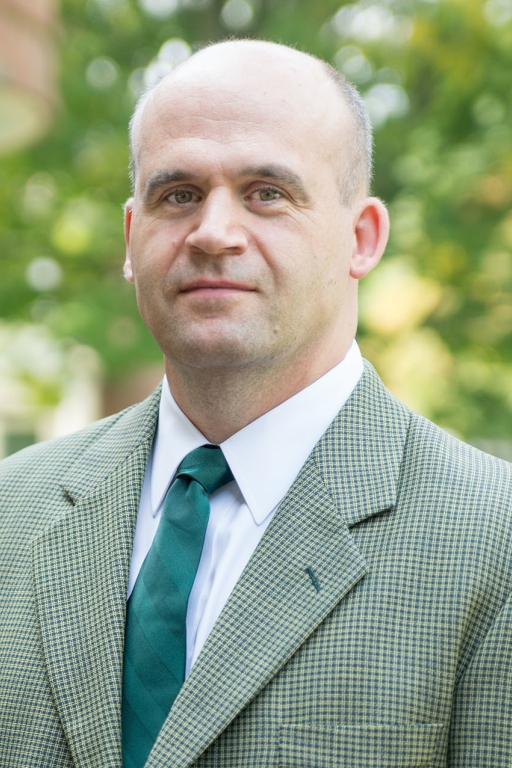
Lucas Swaine
Professor
Appointments
Chair, Department of Government
Professor of Government
Area of Expertise
political theory and philosophy,
history of political thought,
liberalism,
religion and politics,
law and ethics
Education
B.A. (Hons.), M.A. University of Manitoba
D.Phil., University of Sussex
A.M., Ph.D., Brown University
Taught Courses
Publications
Ethical Autonomy: The Rise of Self-Rule (New York: Oxford University Press, 2020).
The Liberal Conscience: Politics and Principle in a World of Religious Pluralism (New York: Columbia University Press, 2006; paperback edition, 2008).
"Freedom of Thought 2322," Political Theory, Vol. 51, No. 1 (2023), pp. 234-36. Available at: https://journals.sagepub.com/doi/full/10.1177/00905917221128900
"Does Hate Speech Violate Freedom of Thought?" Virginia Journal of Social Policy & the Law, Vol. 29, No. 1 (2022), pp. 1-30. Available at: https://heinonline.org/HOL/P?h=hein.journals/vajsplw29&i=5
"Freedom of Thought as a Basic Liberty," Political Theory, Vol. 46, No. 3 (2018), pp. 405-25. Available at: http://journals.sagepub.com/doi/pdf/10.1177/0090591716676293
"Can Islam Transform Liberalism?" Politics, Religion & Ideology, Vol. 19, No. 3 (2018), pp. 285-304. Available at: https://doi.org/10.1080/21567689.2018.1510391
"Legal Exemptions for Religious Feelings," in Religious Exemptions, ed. Kevin Vallier and Michael Weber (New York: Oxford University Press, 2018), pp. 74-96.
"The Origins of Autonomy," History of Political Thought, Vol. 37, No. 2 (2016), pp. 216-37.
Works in Progress
Freedom of Thought: First of the Liberties (book project): This project provides a comprehensive treatment of the nature and value of freedom of thought. It offers sustained analysis of the central features of this key freedom, illuminating various pressures and threats to freedom of thought and offering ways creatively to address them. The book's topics include: the political history of freedom of thought; freedom of thought as a basic liberty; violations of freedom of thought; freedom of thought in relation to cognate freedoms of speech, conscience, religion, and association; the importance of freedom of thought in democratic deliberation; freedom of thought in education; legal accommodations for freedom of thought; and protection of freedom of thought from dangers posed by new technologies, state surveillance, social and political pressures, and self-imposed diminution.
Contact